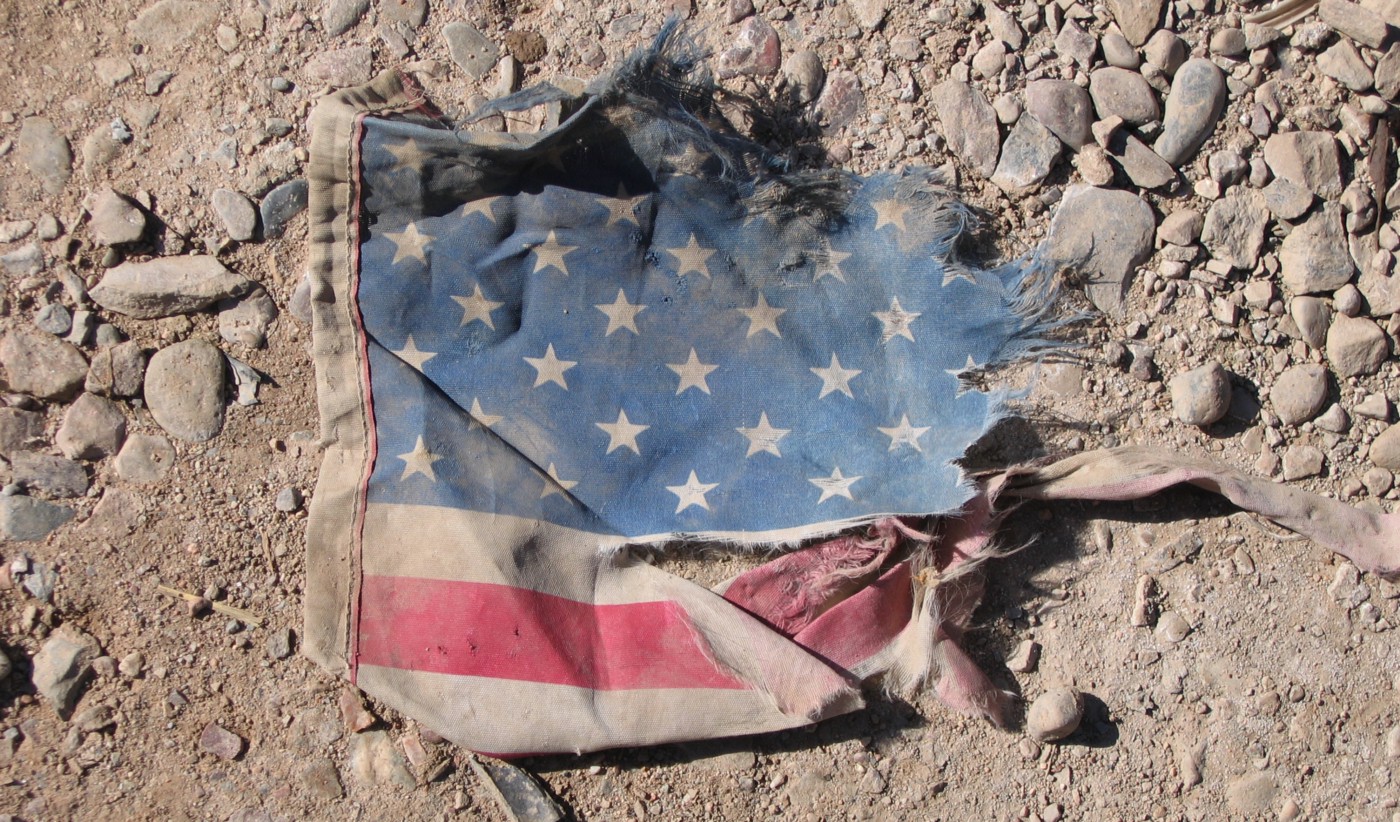Today is Veterans Day in the United States and as the nation honors its veterans, it is important to remember that whistleblowing is a public service and one that can be a catalyst for change to better protect individuals and families that have served their country.

In 2014, a number of whistleblowers began disclosing to the press that officials were falsifying records of extensive wait times at the Veterans Affairs hospital in Phoenix, Arizona. This news sparked others to come forward across the country, informing the public about corrupt practices permeating the VA system, such as slow and inefficient delivery of medicine to patients, gross mismanagement, and above all else, long wait times for veterans to receive medical care.
Three years later, in 2017, President Donald Trump established the VA Office of Accountability and Whistleblower Protection (OAWP) through an executive order and solidified its creation through the signing of a new law, the Department of Veterans Affairs Accountability and Whistleblower Protection Act of 2017. Before signing the bill into law, Trump said that “outdated laws kept the government from holding those who failed our veterans accountable” and that this law will “help to make sure that the scandal of what we suffered so recently never, ever happens again.”
On October 24, 2019, the Office of Inspector General released a 100-page report titled “Failures Implementing Aspects of the VA Accountability and Whistleblower Protection Act of 2017“. This report found that the OAWP “floundered in its mission to protect whistleblowers” and “did not take sufficient steps to protect complainants’ identities and prevent their concerns from being sent to the very facilities or network offices where the complainant worked.” Essentially the OAWP was sending whistleblower complaints back to the people they were exposing — revealing their identities and exposing them to retaliation.
The VA and its oversight organizations have failed to provide safe pathways for those who want to protect our veterans by exposing corruption when they see it. Instead, it is up to good Samaritans within the VA to protect themselves first when attempting to point out the unethical or illegal acts they witness.
If you work within Veterans Affairs and are thinking of disclosing information about corruption, the best place to start is by being anonymous. Don’t tip off anyone that you are considering blowing the whistle. There is no reason to give your identity away from the beginning. Do research on safe ways to disclose information from your home computer — or better yet, from a public computer at the library. Don’t do this from a computer at your workplace.
Reporting violations to the OAWP is not safe. Even anonymous hotlines might not truly be anonymous, because your voice certainly isn’t anonymous. Instead, find a partner outside the VA to work with, whether a journalist, lawyer, or someone at a public advocacy organization. Many out there have experience working with whistleblowers and can help you formulate the safest plan.
It is up to us, the public, veterans, their families, and those that work within organizations that support veterans to make sure whistleblowers have safe ways of reporting corruption when they see it and are protected from retaliation. As we take today to focus on our veterans and the sacrifices they have made, we should also acknowledge those who have sought to ensure veterans get the support and health care they deserve.
